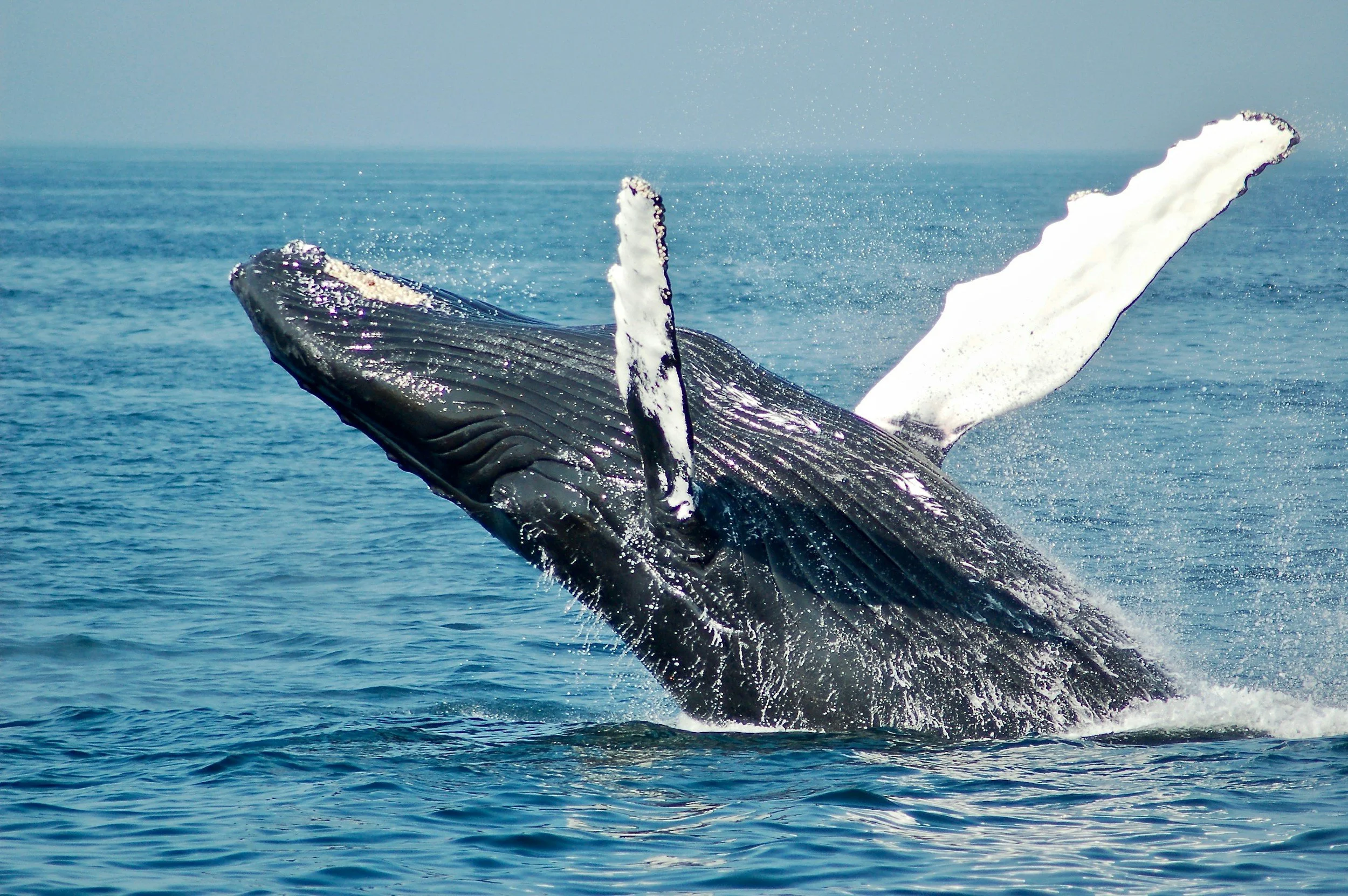A rules-based order when it’s politically convenient
More than 10 years ago, Australia took Japan to the International Court of Justice over whaling, and won. It was a rare moment when Australia turned to international legal institutions not out of obligation, but as a strategic choice to deliver on a campaign promise. Ending Japan’s whaling program in the Southern Ocean was, rightly, seen as a matter of national pride and environmental protection. It was an overwhelmingly popular decision. One of those increasingly less common occasions where government policy aligns perfectly with public opinion. The decision to act was, in a sense, easy.
But what happens when international law makes things politically uncomfortable?
Australia’s record is much patchier when the international spotlight is turned back on us. The ICJ’s new advisory opinion on states’ legal responsibilities for climate change raises difficult questions: will Australia apply the same standards to itself that it once demanded of others?
It’s an issue that’s got a lot of airtime in recent years. Australia has been a vocal supporter of the “rules-based international order”. It has accused Russia and Israel of breaching international law. Even China has faced accusations of defying international norms over its actions in the South China Sea. But those same laws, especially on human rights and climate, have long been inconvenient at home.
For decades, successive Australian governments have ignored or dismissed UN reports criticising the country’s treatment of asylum seekers. International legal opinions have never carried much weight when they threaten the domestic political consensus. Is climate heading in the same direction?
The ICJ’s Advisory Opinion almost seems as if it was written about Australia, and there are several significant findings for Australia and the Pacific. First, it makes clear that the Paris Agreement is not the only legal framework governing state obligations on climate change. The Court found that states must also comply with obligations under customary international law, including the duty to prevent significant transboundary harm and protect human rights. The Court has directly overturned Australia’s argument during the hearings that emissions are only governed by the Paris Agreement’s Nationally Determined Contributions and voluntary mechanisms.
Second, the Court held that a state’s failure to take necessary measures to mitigate climate change can constitute a wrongful act. And these measures aren’t limited to public policy. The ICJ made clear that states have a duty to regulate private actors, including fossil fuel companies, which are driving the climate crisis. The Court also noted that providing support or subsidies for the coal, oil, and gas sectors, may breach the obligation to prevent environmental harm. For Australia, as one of the world’s largest fossil fuel exporters, this raises serious legal and moral questions.
Finally, the Opinion created a pathway for climate-vulnerable countries, like those in the Pacific, to seek compensation for loss and damage. While the Court didn’t rule directly on liability or reparations, it clarified that states found to have breached international obligations may be required to make full reparation, which could include restitution or compensation.
As lawyers, campaigners and business race to make sense of all the implications, Australia is bidding to co-host COP31 with a Pacific nation as partner. Australia clearly wants to be seen as a leader. But can Australia really lead when it’s still the world’s second-largest climate polluter? When it continues to approve new coal and gas projects while telling our Pacific neighbours we are "family"?
Can Australia co-host a climate summit while proactively supporting the very industry that’s driving the crisis?
And how will this sit with the Pacific? Australia has long tried to use its status as the region’s largest aid donor to mute ambition, to limited effect. It signs visa deals, builds infrastructure, funds hospitals—all valuable, but often arriving just before major regional or global climate meetings. Is this diplomacy, or quiet coercion?
Meanwhile, China watches and waits. Its presence in the Pacific is growing. It’s debatable whether that is the key driver of Australia’s “Step-up” in the region.
There’s a political tightrope here. No one denies that transitioning a fossil fuel-heavy economy in a decarbonising world is difficult. But strategic delay and selective engagement with international law only deepen the credibility gap.
If Australia wants to lead at COP31, it has to come clean about the gap between rhetoric and reality, and recognise that being a friend to the Pacific requires more than money or migration schemes.
It requires integrity. And adhering to an international rules based order, even when it’s politically inconvenient.

